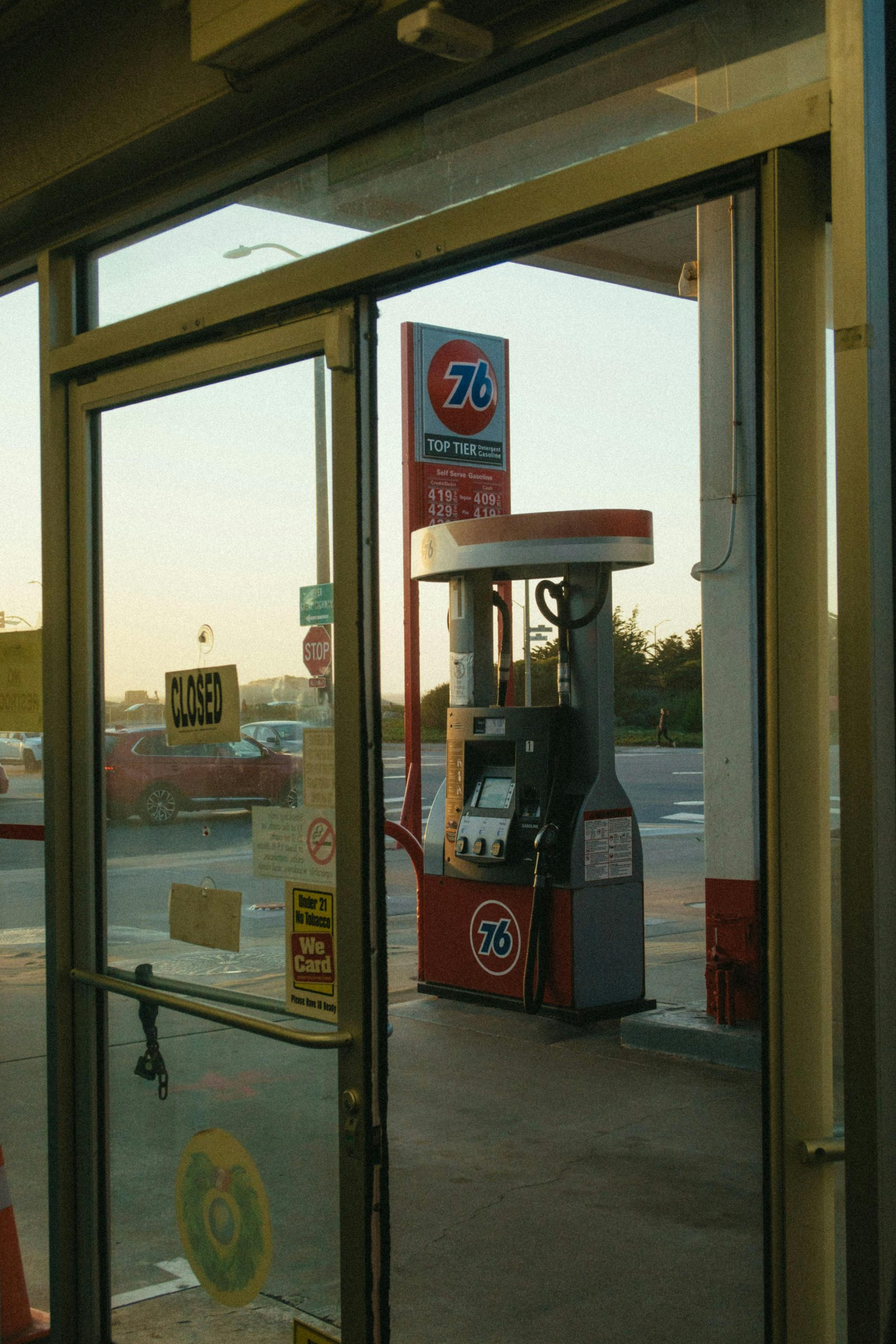Total loss situation in Florida: I was hit by an uninsured motorcyclist, and my car sustained $17,800 in damages. I’m filing a claim with my insurance (Geico).
My car is a 2020 Dodge Challenger with 60,000 miles. Geico claims that the total loss threshold is 75%, but my research indicates that it’s actually 80% in Florida. The statute seems to suggest it might only apply to uninsured vehicles, adding to the confusion.
The Kelley Blue Book value for my car is estimated between $22,500 and $25,000, which means that a difference of just 5% could determine whether the car is considered a total loss. I really want to avoid having it totaled, especially since the car is paid off. Additionally, Geico informed me that I cannot obtain a second opinion on the repair costs.
They haven’t provided the actual cash value (ACV) of the vehicle yet and are still working on it.




I’m sorry to hear about your situation; it can be incredibly frustrating dealing with insurance claims, especially with the complexities of total loss thresholds.
In Florida, the total loss threshold for a vehicle is indeed 80% of the vehicle’s actual cash value (ACV) for most vehicles, but there are specific nuances that could apply, especially in cases involving uninsured motorists. Since you mentioned that your claim is with Geico, it’s worth noting that their interpretation of the thresholds may differ slightly, and they may apply their own policies alongside the state’s regulations.
Given the KBB value you provided for your Dodge Challenger, being just under that 80% threshold is critical, as you mentioned. If the repair costs and the ACV assessments result in a total loss determination, your vehicle will be considered totaled. Since your car is paid off and you want to avoid it being a total loss, you could consider the following:
Negotiate: Once you receive the ACV, if it’s close to the total loss threshold, you could negotiate the repair costs with Geico. Presenting evidence of the car’s value (like the KBB estimates) may strengthen your position.
Assess repair options: If you can get detailed estimates from repair shops, that might help in negotiating the initial repair assessment. Even if Geico has told you that you can’t get a second opinion, you can still gather additional information for your own understanding and potentially use it in negotiations.
Document everything: Keep a record of all your communications with Geico, along with any estimates or valuation you gather. This documentation can be helpful if you need to escalate your claim.
Consult a local attorney: If you feel your case is particularly complicated or if they are not offering a satisfactory resolution, consulting an attorney who specializes in auto insurance claims could be beneficial. They can provide guidance specific to Florida law and your situation.
It may be a stressful process, but staying organized and proactive can help you manage the situation effectively. Keep pushing for clarity on the ACV and discuss your options with Geico as you move forward. Good luck!